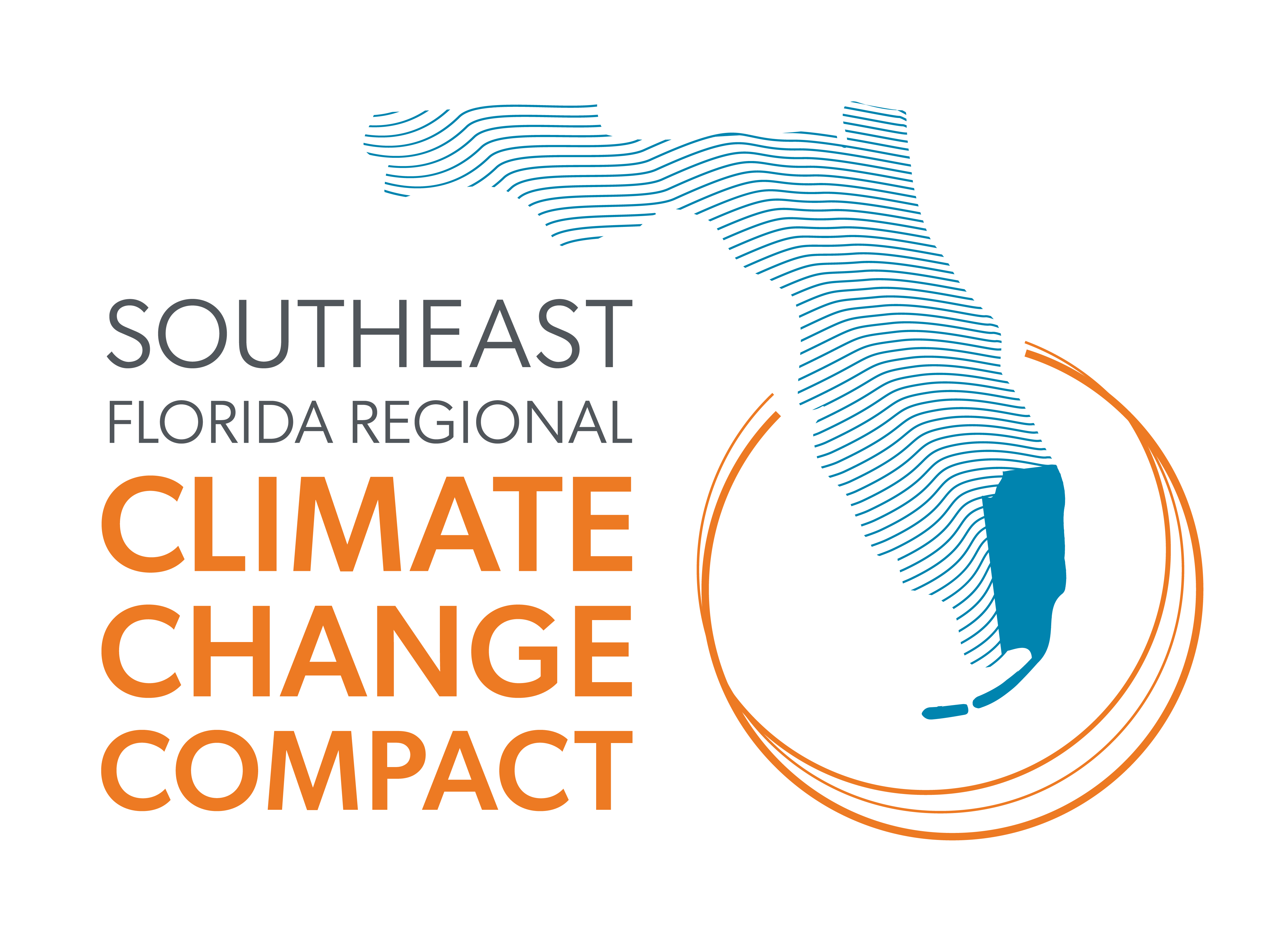Advance climate-informed communities by ensuring that those impacted by climate change and government actions/processes to address climate change are provided ample and appropriate educational resources, and are engaged in the co-design and sharing of people-centered communication materials and strategies informed by their own lived experiences.
STRATEGIES
EC-2.1 Provide clear, direct and open channels of communication and points of contact within local government so as to allow community members to provide input at their convenience.
IMPLEMENTERS: local governments
EC-2.2 Create communications and messaging that are easy to understand and not overly academic or scientific in nature to broaden understanding of climate issues, while ensuring technical information is available to community members who want it.
IMPLEMENTERS: local governments, academic institutions, news media
EC-2.3 Publish major communications in the languages that represent the local demographics and specifically include the languages of frontline communities.
IMPLEMENTERS: local governments
EC-2.4 Develop hyper-localized climate communications by engaging in deep listening and working collaboratively and iteratively with communities to identify trusted messengers, effective modalities for communications and key topics to craft tailored messages for diverse audiences. Support and compensate, as appropriate, trusted messengers and organizations to help facilitate information sharing.
IMPLEMENTERS: local governments, academic institutions, non-profit organizations,
faith-based organizations, private sector, advocacy organizations
EC-2.5 Create open data platforms and digital tools with communities that allow for increased transparency, accountability and the development of solutions for climate action. Share data sets produced by federal, state and local government, academic research and community-based participatory research with communities. Qualitative data and stories should be incorporated into the collection and display of quantitative data.
IMPLEMENTERS: local governments, academic institutions, community-based organizations,
non-profit organizations, Southeast Florida Regional Climate Change Compact
EC-2.6 Exchange resources with the community such as maps, photos and personal narratives/stories. Engage the community in the creation of some of the qualitative data and resources such as through photo-voicing projects, storytelling and town hall-style meetings.
IMPLEMENTERS: local governments, community-based organizations,
Southeast Florida Regional Climate Change Compact
EC-2.7 Leverage local and regionally recognized and coordinated communications systems such as the Compact Newsletter, local government newsletters, social media, print media, radio, television, e-blasts and messages through communications channels of community-based organizations to notify community members of upcoming projects, programs and opportunities for engagement.
IMPLEMENTERS: local governments, community-based organizations
EC-2.8 Utilize visual arts, signage, installations and participatory events to creatively communicate the localized impacts of climate change and avenues for community action, such as the Miami-Dade County’s Climate of Art yearly event and the High Water Line Storm Drain public art campaign.
IMPLEMENTERS: local governments, community-based organizations, art and cultural organizations
EC-2.9 Design public outreach and messages in a mixture of media, including non-written forms such as verbal videos or graphic signage. Conduct outreach and provide education for varying abilities and in multiple languages, and provide interpreters at public meetings and workshops to engage diverse audiences.
IMPLEMENTERS: local governments
EC-2.10 Measure the impact of the communication methods through pre- and post- communication campaigns, outreach and engagement surveys. Track the number of people engaged and the type of engagement such as social media, in-person outreach or virtual.
IMPLEMENTERS: local governments
